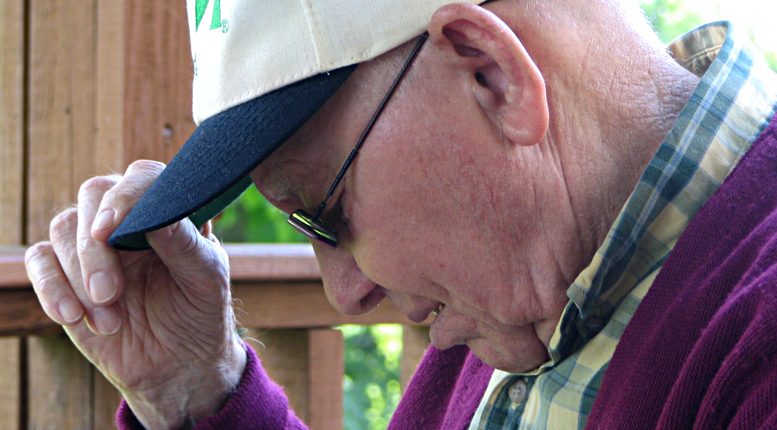HIV-positive seniors living with HIV live longer than ever before
By: Brenda Cole/Special to TRT—
More than three decades after the onslaught of the AIDS crisis, many long-term survivors are now entering their senior years. Due in large part to improvements in treatment and care, half of people living with HIV in the United States today are age 50 and over. The fact that HIV-positive people can now expect to live long, full lives is wonderful, but with longer life comes the challenges of aging. The National Center for Innovation in HIV Care, a project of The Fenway Institute, has released Strategies to Improve the Health of Older Adults Living With HIV, a brief exploring the unique issues that older HIV-positive adults may face and offers resources for health care providers and AIDS service providers to address these challenges.
“Today, half of PLWH in the U.S. are age 50 or older,” said Sean Cahill, Director of Curriculum and Policy at the National Center for Innovation in HIV Care. “In this issue brief, we’ve outlined five strategies AIDS service providers and health care providers can take to improve the health of older people living with HIV (PLWH). We’ve also highlight resources that can help people with HIV live happier, healthier lives.”
The five key steps outlined in this brief include training staff to provider affirming and culturally competent care for older adults living with HIV; screening for comorbidities, including mental health issues; addressing substance use, including tobacco use; promoting sexual health and HIV/STI prevention with older adults; and strengthening social support networks.
“Older PLWH exhibit a great deal of resiliency and strength,” the brief notes. “In fact, many ASOs and government HIV prevention and care programs would not exist were it not for the vision and leadership many older PLWH exhibited in the early years of the AIDS epidemic. Still, older PLWH require core medical care services that address comorbid conditions in addition to HIV, and management of the many medications they may be taking in addition to antiretroviral medications. They may also need services, such as those funded by the Ryan White HIV/AIDS Program (RWHAP), to remain in continuous care and treatment adherent.”
Reducing the isolation often felt by both older adults and PLWH is absolutely crucial to ensuring that an aging HIV-positive population remains healthy both physically and emotionally. Many seniors who survived the dark days of the 1980s and early 1990s lost huge portions of their support networks—friends, partners, family—to AIDS. Today, this population may be hesitant to enter new social situations due to fear of rejection or stigma based on their diagnosis and/or sexuality.
“Group activities, either held within a health care organization or conducted by a partner site, could increase this population’s access to social support,” the brief suggests. “Topics—such as dating and being sexually active while living with HIV, medication adherence, dealing with stigma (from family, friends, coworkers, and health care professionals), and navigating insurance issues—can provide clients with more information on pertinent issues and create a space where individuals can connect with those who are facing similar difficulties.”
The National Center for Innovation in HIV Care provides free training and technical assistance to Ryan White-funded AIDS service organizations (ASOs) and community-based organizations (CBOs) to help them navigate the changing health care landscape. The Center helps organizations develop strategies to improve operational effectiveness, and implement best practices to optimize outcomes along the continuum of HIV care.







